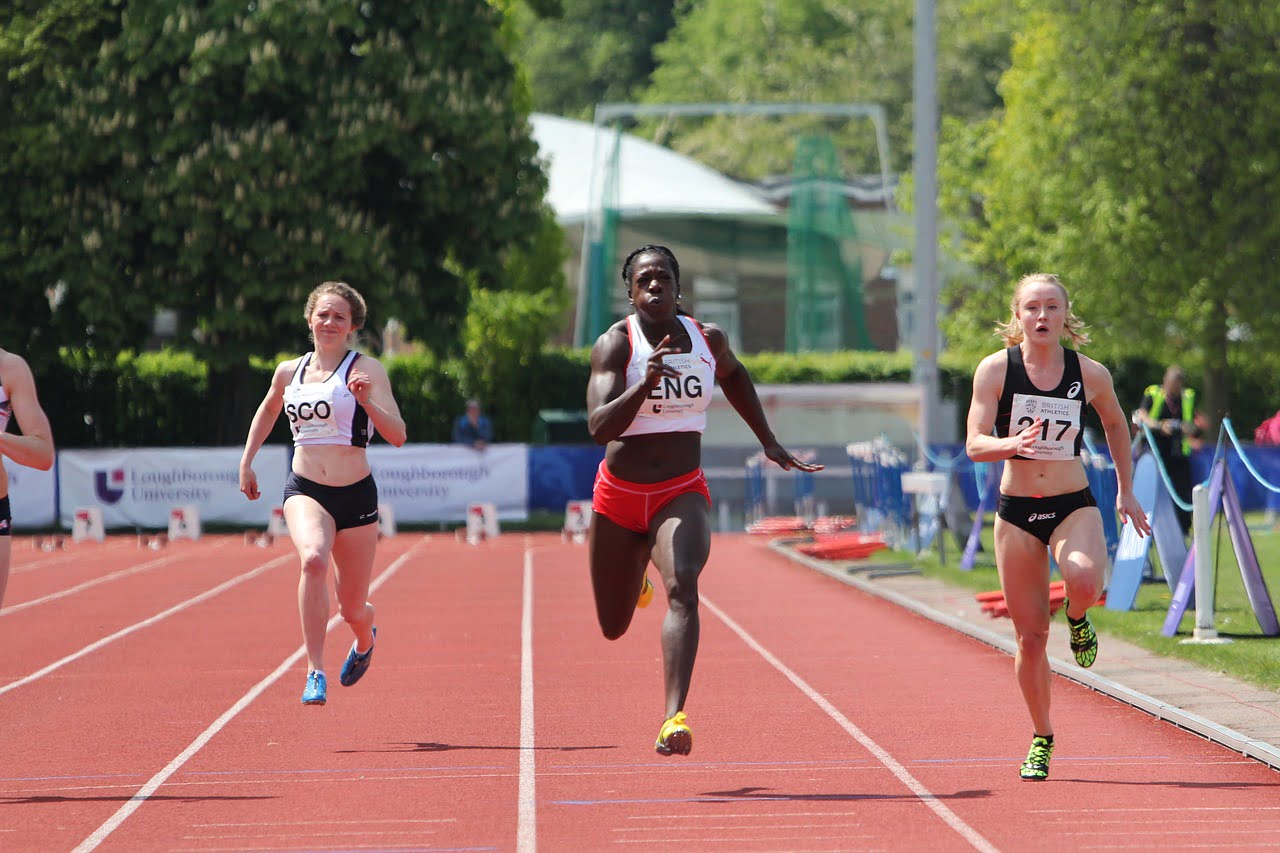
Veganism has gained significant popularity in recent years due to its ethical, environmental, and health-related benefits. However, vegan athletes may face unique challenges when it comes to meeting their nutritional needs, particularly in obtaining essential vitamins.
Adequate vitamin and nutrient intake is crucial for athletes to optimize performance, support recovery, and maintain overall health. (In addition, a vegan athlete might want to consider these supplements for vegans to improve performance)
In this post, we will explore the essential vitamins that vegan athletes should pay attention to and how they can ensure they meet their requirements through a well-planned vegan diet.
1) Vitamin B12: The Vital Nutrient
One of the most critical vitamins for vegans, including athletes, is vitamin B12. This vitamin plays a crucial role in red blood cell production, neurological function, and DNA synthesis.
While it is primarily found in animal-based foods, vegan athletes can obtain vitamin B12 through fortified foods and supplements. Nutritional yeast, plant-based milk, breakfast cereals, and meat substitutes are often fortified with this essential nutrient. You can also obtain plenty of B12 from a multivitamin or B12 supplement.
Regular monitoring of vitamin B12 levels is advisable, and supplementation may be necessary for vegan athletes to ensure optimal performance and overall well-being.
2) Iron: Enhancing Endurance
Iron is another essential nutrient for athletes, as it is responsible for oxygen transport and storage in the body. Vegan athletes, especially female athletes, may be at a higher risk of iron deficiency due to the non-heme iron found in plant-based foods being less readily absorbed than heme iron from animal sources.
To enhance iron absorption, it is essential to consume iron-rich plant-based foods in combination with vitamin C-rich foods, such as citrus fruits or bell peppers. Good sources of iron for vegan athletes include legumes, tofu, tempeh, nuts, seeds, whole grains, and dark leafy greens.
Regular monitoring of iron levels and, if necessary, iron supplementation under the guidance of a healthcare professional is crucial to prevent iron deficiency anemia and maintain optimal athletic performance.
3) Omega-3 Fatty Acids: Anti-inflammatory Powerhouses
Omega-3 fatty acids are renowned for their anti-inflammatory properties, which can be beneficial for athletes by aiding in post-exercise recovery and reducing exercise-induced muscle soreness. While fatty fish is a common source of omega-3s, vegan athletes can obtain these essential fats from plant-based sources like chia seeds, flaxseeds, walnuts, hemp seeds, and algae-based supplements.
Consuming a variety of these plant-based sources ensures an adequate intake of the essential omega-3 fatty acids eicosapentaenoic acid (EPA) and docosahexaenoic acid (DHA).
However, it is important to note that the conversion of plant-based omega-3s to EPA and DHA is limited in the body, however, some newer research has found that this conversion rate may be much higher in vegans and vegetarians. But to be safe, it’s best to consume a maximum amount of ALAs, and, some athletes may opt for algae-based DHA supplements to ensure sufficient intake.
4) Vitamin D: The Sunshine Vitamin
Vitamin D plays a crucial role in bone health, immune function, and muscle function. Since it is primarily synthesized in the body through sunlight exposure, vegan athletes, particularly those in northern latitudes or with limited sun exposure, may be at a higher risk of vitamin D deficiency.
Food sources of vitamin D for vegans are limited, but fortified plant-based milk, cereals, and mushrooms exposed to UV light can provide some amount. Regular sunlight exposure, preferably during midday, is also recommended.
If deficiency is suspected, vitamin D supplementation should be considered under medical guidance, and regular monitoring of vitamin D levels is advisable.
Final Thoughts
Vegan athletes can thrive and achieve their performance goals by paying close attention to their vitamin intake. While a well-planned vegan diet can provide most of the necessary nutrients, certain vitamins require special attention. Vitamin B12, iron, omega-3 fatty acids, and vitamin D are particularly important for vegan athletes to optimize performance, support recovery, and maintain overall health.
By incorporating fortified foods, supplements, and a variety of nutrient-dense plant-based sources, vegan athletes can ensure they meet their vitamin requirements. Regular monitoring of vitamin levels, especially for vitamin B12 and iron, is essential to identify and address any deficiencies promptly. Working with a registered dietitian or nutritionist who specializes in vegan nutrition can provide valuable guidance and support in creating an individualized meal plan that meets the unique needs of vegan athletes.
With proper planning and attention to nutritional needs, vegan athletes can excel in their chosen sports while maintaining their commitment to a compassionate and sustainable lifestyle.
Lance has been passionate about the plant-based diet and we have been following a whole food plant-based diet for over 5 years. We focus on health, natural healing, weight management, animal rights, and the health of the planet and environment by focusing on whole plant-based foods and sustainable practices.
Learn more at the About Me page and follow on social media at the links below.

